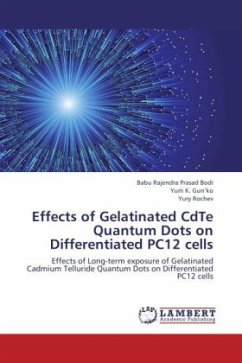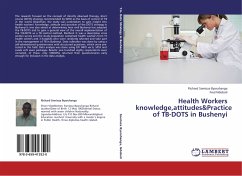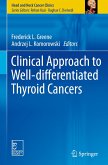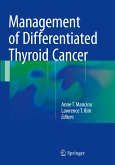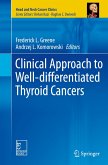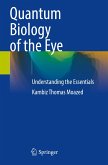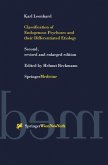The problem of toxicity of nanoparticulate materials in living organisms is a subject of numerous public concerns. To make them as more potent neuroprosthetic and neurotherapeutic agents, CdTe QDs (gelatinated and non-gelatinated Thioglycolic acid (TGA) capped) have been investigated in this study with differentiated pheochromocytoma 12 (PC12) cells. Although many cytotoxicity studies of QDs have been done with PC12 cells, in this study we clearly analysed the viability, cytotoxicity and apoptosis at different time periods and discussed the effect of exposure of QDs on PC12 cells before and after the neurites were grown. We believe that our synthetic approach coupled to our comprehensive assessment of cell health following QD co-incubation for longer periods is an important starting point that can be used for development of other non-toxic nanoparticle - gelatine composites, which might have a range of potential biomedical applications such as controlled drug delivery, in vivo and in vitro diagnostics and anticancer therapy. Our investigation should help to develop innovative application strategies for professionals and scientists in modern nanoscience, biology and medicine.
Bitte wählen Sie Ihr Anliegen aus.
Rechnungen
Retourenschein anfordern
Bestellstatus
Storno

